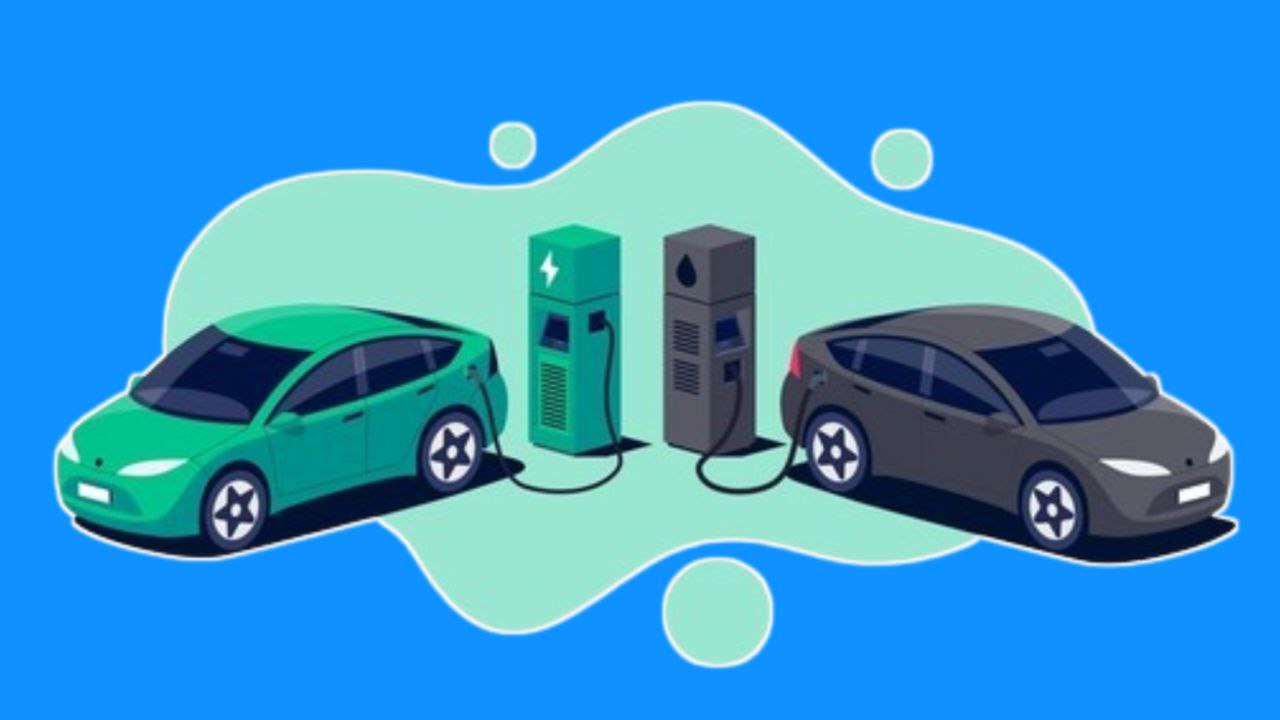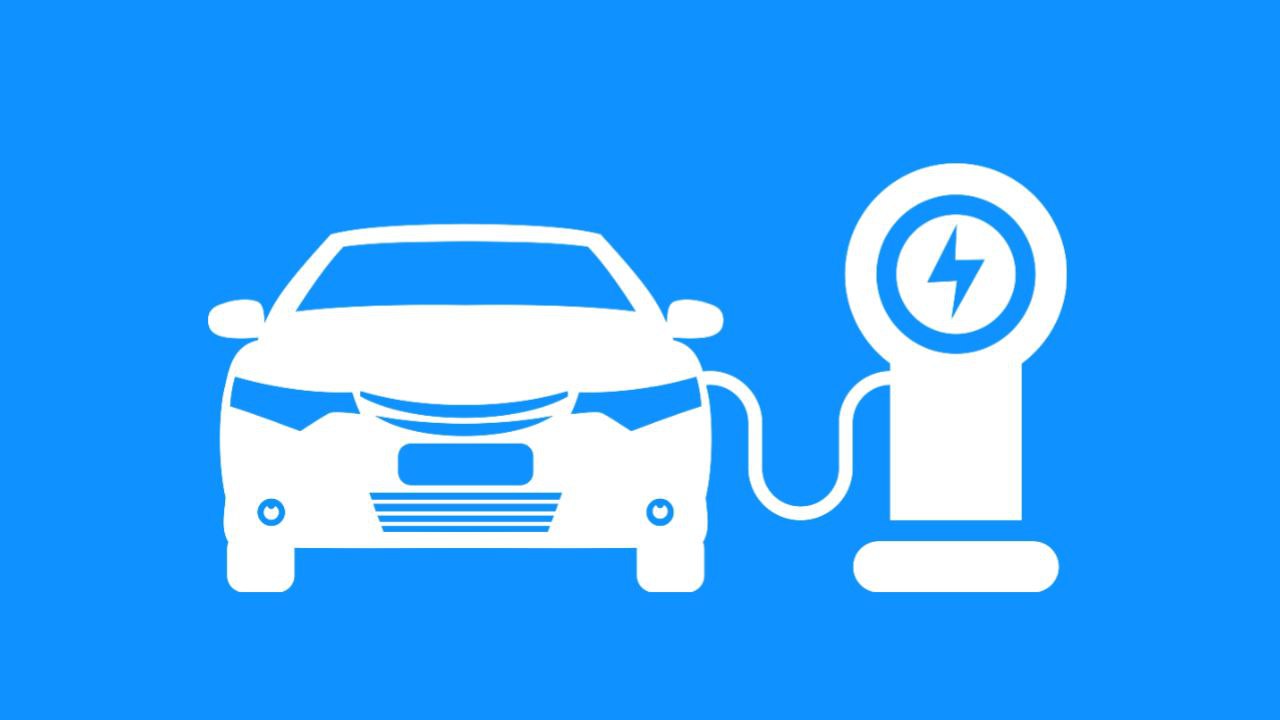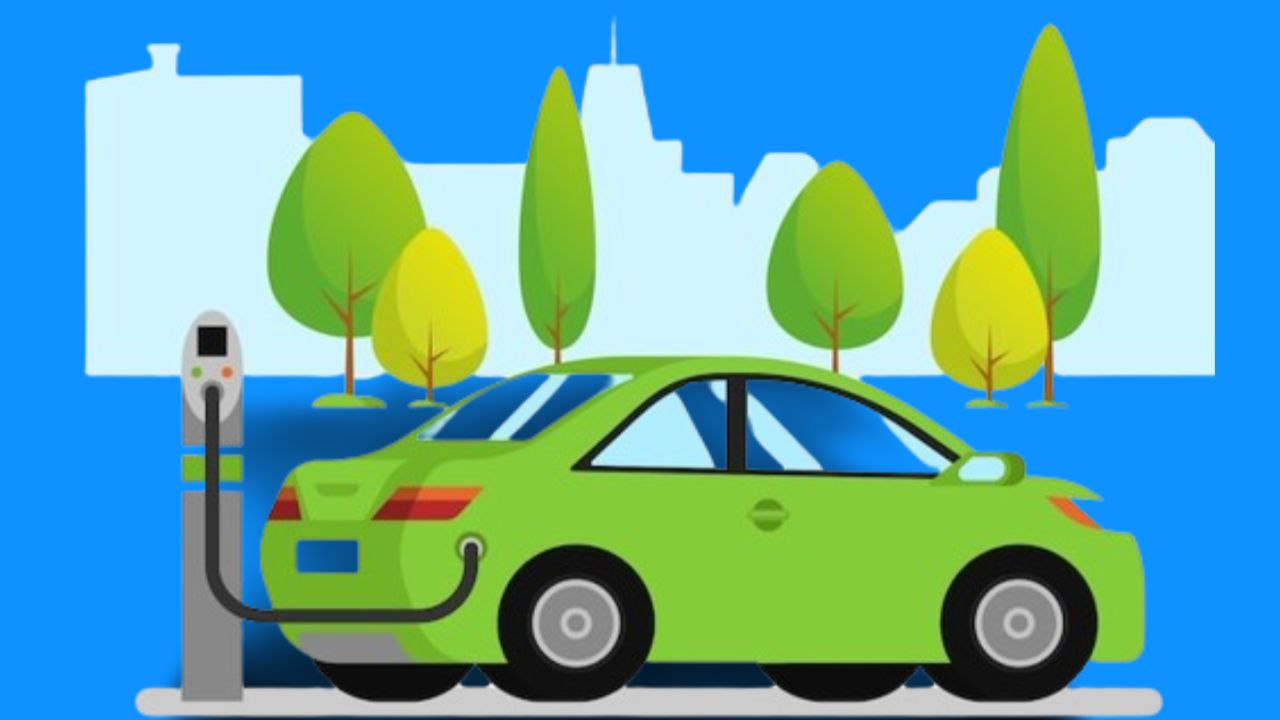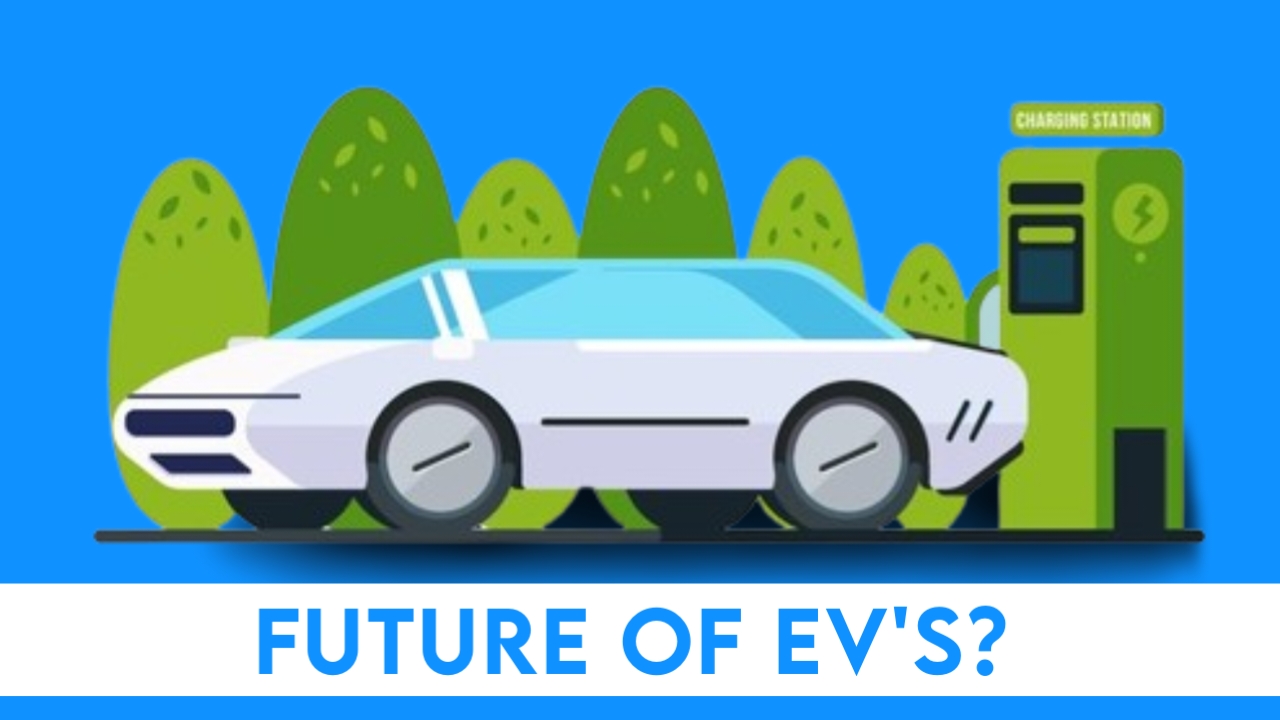Let’s find out when electric vehicles can run in India and what their importance will be in the future. The government has set a target to achieve 30% electrification of the country’s vehicle fleet by 2030. To support the development of the EV industry, various incentives and policies have been introduced.
The industry has received significant encouragement from the central budget for FY24 in terms of adopting electric vehicle production, hydrogen, and advanced technologies. There is an expectation that the EV market will reach 70% for private vehicles, 30% for buses, 40%, and up to 80% for two-wheelers and three-wheelers.
Opportunities and Challenges for Electric vehicles in India
There are many electric vehicles in India. Currently, there are almost 1.23 billion electric vehicles in India and 0.2 billion charging stations. It is expected that by 2030, India’s electric vehicle market will reach 152.21 billion US dollars, with an anticipated market expansion of 94.4% CAGR from 2021 to 2030.

The Role of Electric Vehicles in India’s Sustainable Transportation Revolution
Electric vehicles are vehicles that run on electricity instead of using traditional engines like gasoline or diesel. In electric vehicles, batteries are used instead of internal combustion engines. Sustainable transportation refers to modes of transportation that do not negatively impact the environment and human health while maintaining ecological balance.

Must Read: Why many engineers in India are unemployed?
Environmental and Economic Benefits of Electric Mobility in India
In our India, there are many environmental and economic benefits because using electric mobility greatly benefits our environment by protecting people from pollution. It also saves costs by keeping the environment clean and keeping individuals safe.




